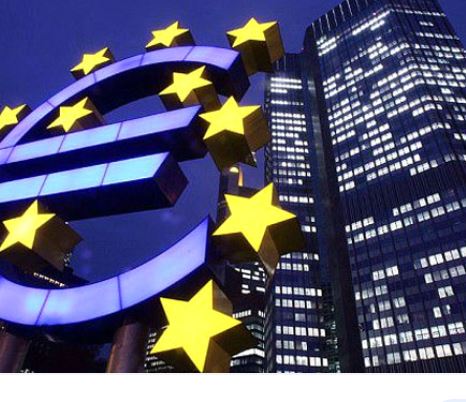Spain assumes the EU’s rotating presidency on Saturday in an important milestone for the pro-Europe nation although all eyes are on an upcoming election that could topple the left-wing government.
“Hello Europe”, tweeted Socialist Prime Minister Pedro Sanchez on 15 June as he presented his priorities for Spain’s turn at the head of the 27-nation bloc, before hitting the campaign trail ahead of the July 23 vote.
A leader with an international profile who is keen to increase Spain’s influence in Brussels, Sanchez took everyone by surprise, including his European partners, when on May 29 he announced snap polls, a day after the left was trounced in local and regional elections.
Although the country holding the reins of the European Union’s rotating presidency has no more influence than fellow member states, the six-month role — which Spain assumes on July 1 — offers a chance to make progress on major issues facing the bloc.
“The risk is a presidency that has its eyes elsewhere” even if there is “no real risk of things going off the rails” as Spain is “a staunchly pro-European country”, Sebastien Maillard, head of the Institut Jacques Delors, told AFP.
“Obviously (the election) complicates matters. We will have ministers who are out campaigning or focusing on their next job. They will have less time and energy for their European counterparts and reaching agreements with them,” he added.
– French example –
Sanchez has tried to send soothing messages, insisting there is “no risk that the goals we set before the elections were called won’t be met during this presidency”.
In answer to his critics, he pointed to France which held presidential elections in April 2022 at the same time as it was holding the EU presidency.
Among the priorities set out in mid-June, Sanchez said he hoped Spain could wrap up the bloc’s migration policy reform by the end of the year as well as take “important steps” towards ratifying the EU’s trade deal with Latin America’s Mercosur bloc.
Related News
Sanchez is a strong backer of the deal but it has aroused major reservations in France, notably over environmental concerns.
Despite concerns the election could change the government in Spain, Sanchez suggested it would not affect the goals for the EU presidency which had been prepared in cooperation with “all institutional, social and political actors”.
His remarks were rubbished by opposition leader Alberto Nunez Feijoo, head of the right-wing Popular Party (PP), who said he had “more information about the (outgoing) Swedish presidency of the EU… than the Spanish one”.
The big question for Sanchez’s European partners is whether he will be able to hang onto power, despite the polls suggesting a sure win for the PP.
“If Sanchez pulls through, they might lose a few weeks but that’s not so bad.
But if he loses and things drag on with negotiations, trade-offs and coalition discussions” before another premier can take office, “then things could get complicated,” admitted a European diplomat.
And the situation could well be further complicated if PP head Feijoo, a pro-European moderate, is forced to seek support from the extreme-right Vox to govern, as polls suggest.
Since its gains in the May 28 local polls, Vox — which is very close to Hungarian Prime Minister Viktor Orban and Poland’s ruling populist nationalist Law and Justice (PiS) party — has made clear it will exact a high price for its support.
And that is likely to draw out any negotiations with the PP.
AFP
